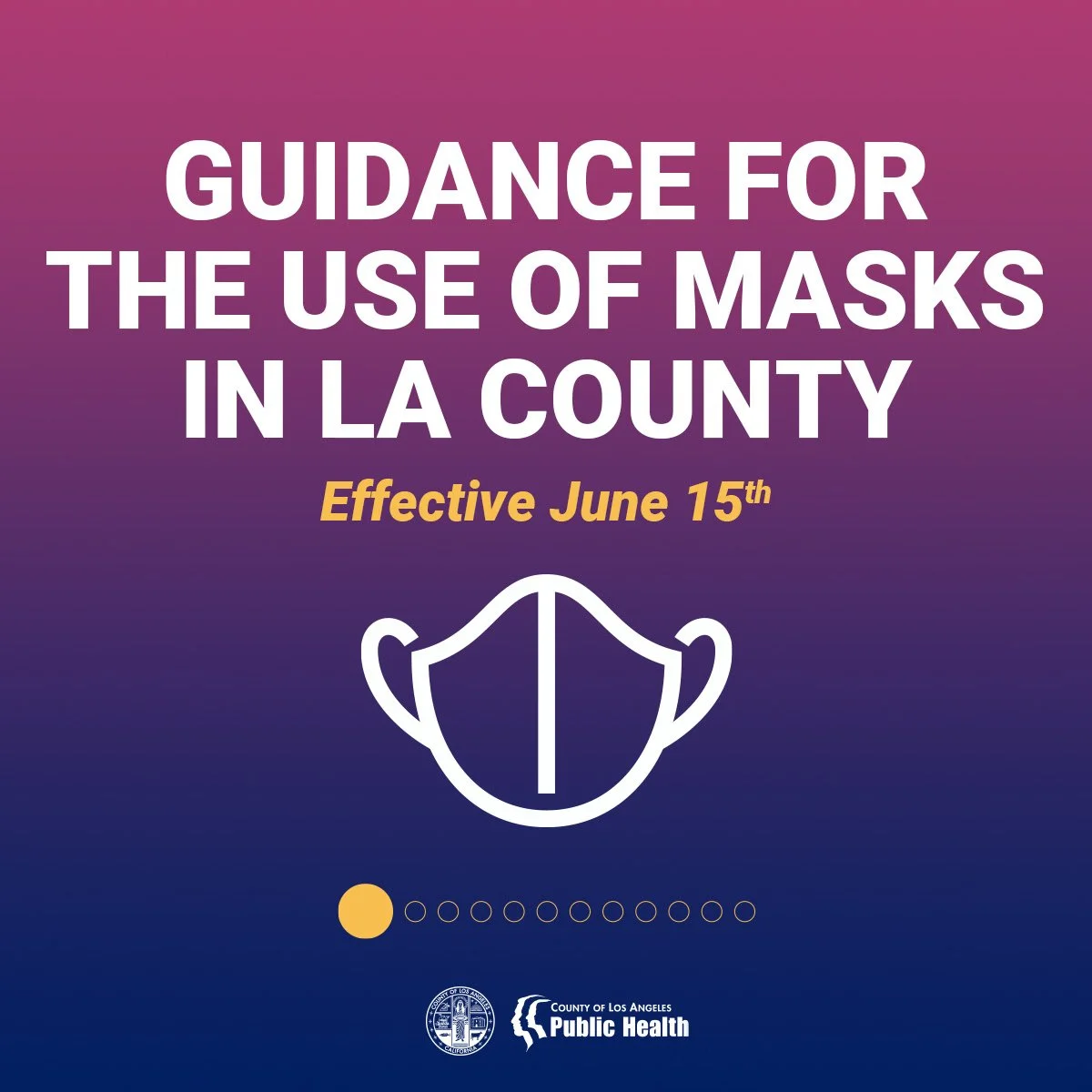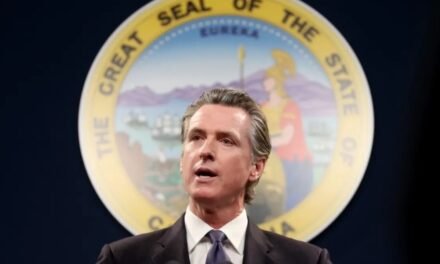A universal healthcare bill advanced in the Assembly, but an attached amendment to raise taxes by $163 billion may be a nonstarter.
California could become the first state in the nation to enact universal healthcare coverage, but opponents are already questioning how that will be paid for.
On Jan. 6, a group of Democratic lawmakers in the State Assembly unveiled a bill to provide healthcare to every resident of the country’s most populous state, including undocumented immigrants, financed by several new taxes on individuals and businesses. On Jan. 11, Assembly Bill 1400, authored by San Jose Assemblymember Ash Kalra, cleared the Assembly Health Committee. To proceed further, the bill must clear the Assembly by Jan. 31, after which point it will be sent to the Senate.
AB 1400 would create a new entity called CalCare, a system governed by an independent board of directors promising access to any doctor and a wide array of medical services. The plan would negotiate lower prices for prescription drugs, push to bring payments to providers closer to the cost of care, and include coverage for long-term care and other health services for seniors and people with disabilities.
To pay for the multi-billion-dollar proposal, Democrats have introduced a separate constitutional amendment that would raise taxes on businesses and individuals by about $163 billion a year, according to an analysis by the California Taxpayers Association, which opposes the bill.
The proposed constitutional amendment – which would need to pass a supermajority vote in the state Senate and Assembly, then need to be ratified by voters – would raise taxes in a number of different ways. First, it would raise income taxes on people and businesses earning more than $149,509 a year, and introduce an additional payroll tax for employers with workers earning more than $49,900. Businesses or individuals reporting a taxable income of more than $2.5 million would pay an additional 2.3% gross receipts tax on income over $2.5 million. According to an analysis from the Tax Foundation, a nonprofit generally in favor of lower taxes, calculated that the amendment would increase taxes by $12,250 per household.
The amendment faces stiff opposition. Business groups, led by the California Chamber of Commerce, have argued that the new taxes will result in a mass exodus from a state already known for its high taxes. The Chamber of Commerce also claimed that the tax hike would not cover the costs of CalCare.
“The taxes also go onto businesses and what happens there is they pass them onto consumers,” said Assemblymember Kevin Kiley, a Republican from the Sacramento area who ran against Newsom in the 2021 recall election. “That’s already one of the big problems with California is that taxes on businesses and regulations on businesses are so high that it makes everything so expensive.”
Proponents argue that the bill, which would function similarly to single-payer universal healthcare systems around the world, would relieve Californians who already pay some of the country’s highest deductibles, co-pays, co-insurance, and other costs.
Assemblymember Kalra said that Californians already pay what he called “the highest health tax in the world.”
“You may refer to it as premiums, deductibles, co-pays, denial of care,” Kalra said, arguing that none of these additional costs would exist under a universal system. “It’s clear as day they are being fleeced and far too many understandably feel helpless about it.”
California progressives have long fought to institute universal healthcare in the state, but never got far. In 1994, voters soundly rejected a ballot initiative to create such a system. In 2017, another attempt passed the Senate, but never got a vote in the Assembly.
Gov. Gavin Newsom made universal single-payer healthcare a central pledge in his 2018 gubernatorial campaign. On Jan. 10, the governor unveiled a $286.4 billion budget proposal that would use part of the state’s $80 billion to cover the state’s remaining uninsured undocumented immigrants, at a cost of roughly $2.4 billion a year.
“Universal healthcare for all regardless of preexisting conditions, regardless of the ability to pay and regardless of your immigration status,” Newsom said last week. “We have universal healthcare, but it’s on the back end. It’s called the emergency room, and it’s costing you, the taxpayer, a fortune.”






